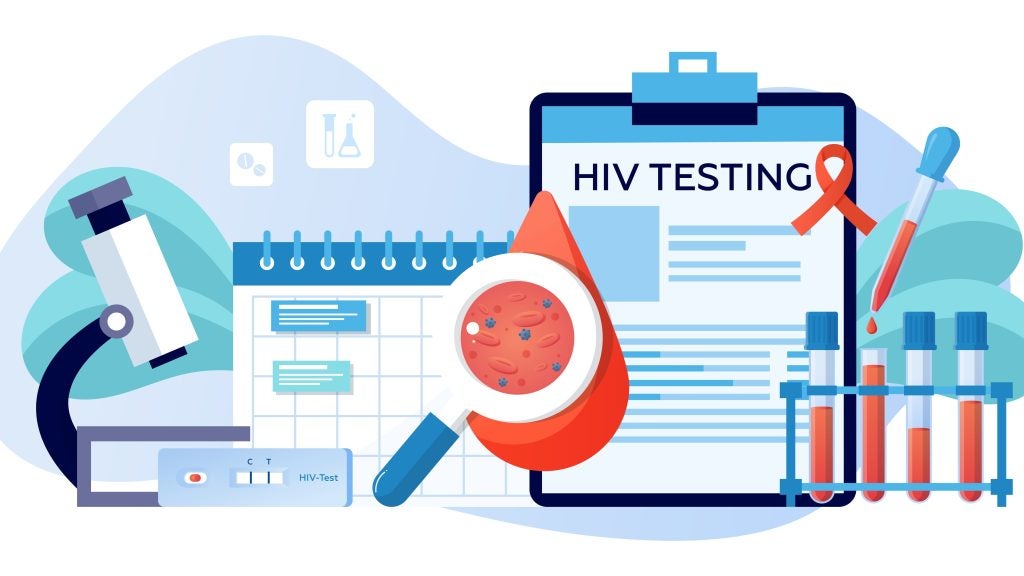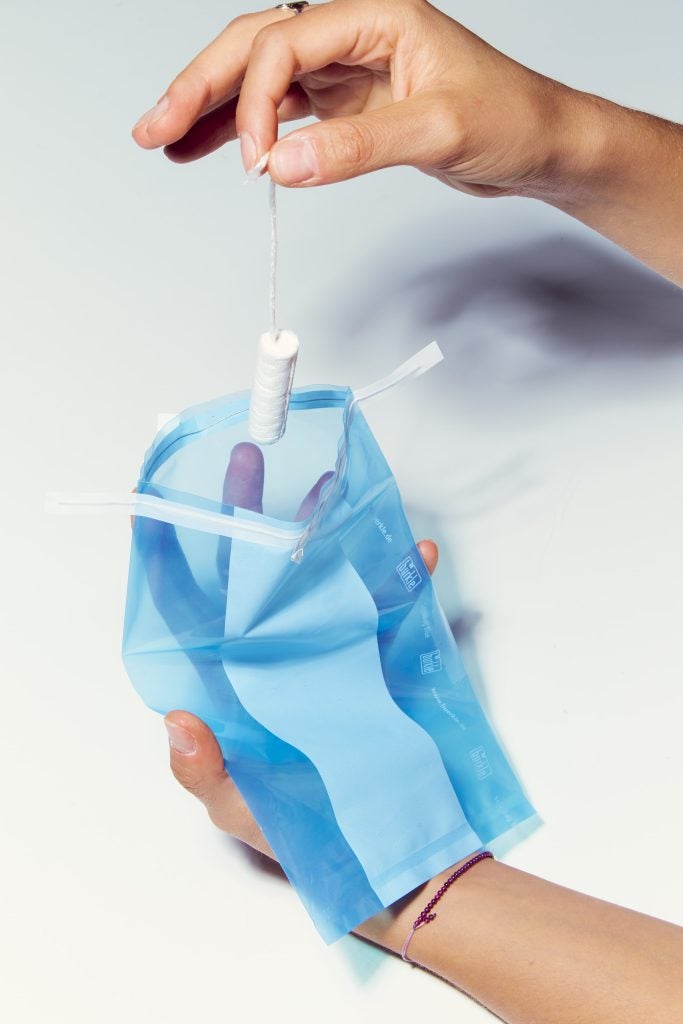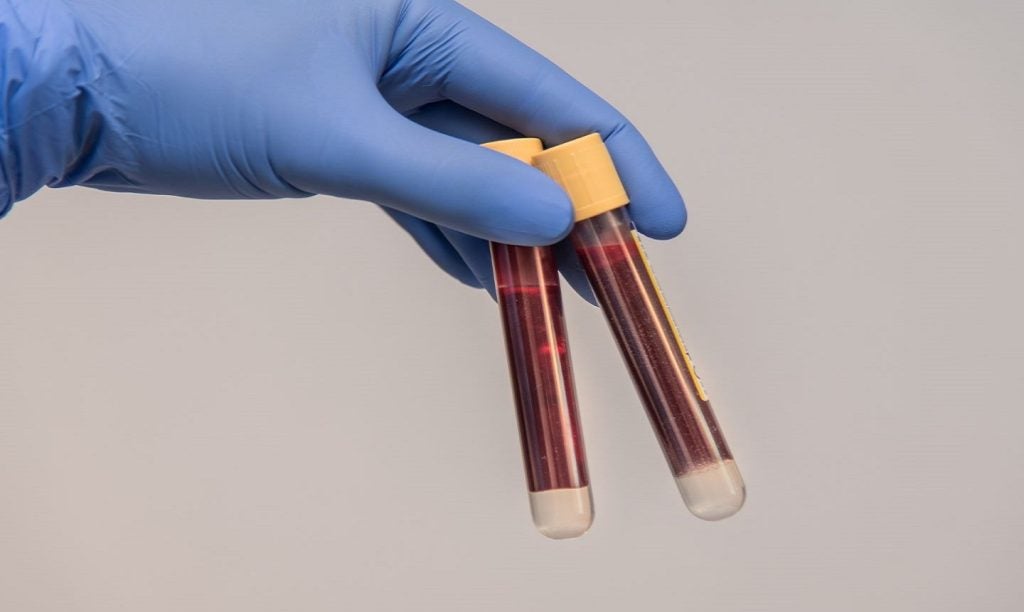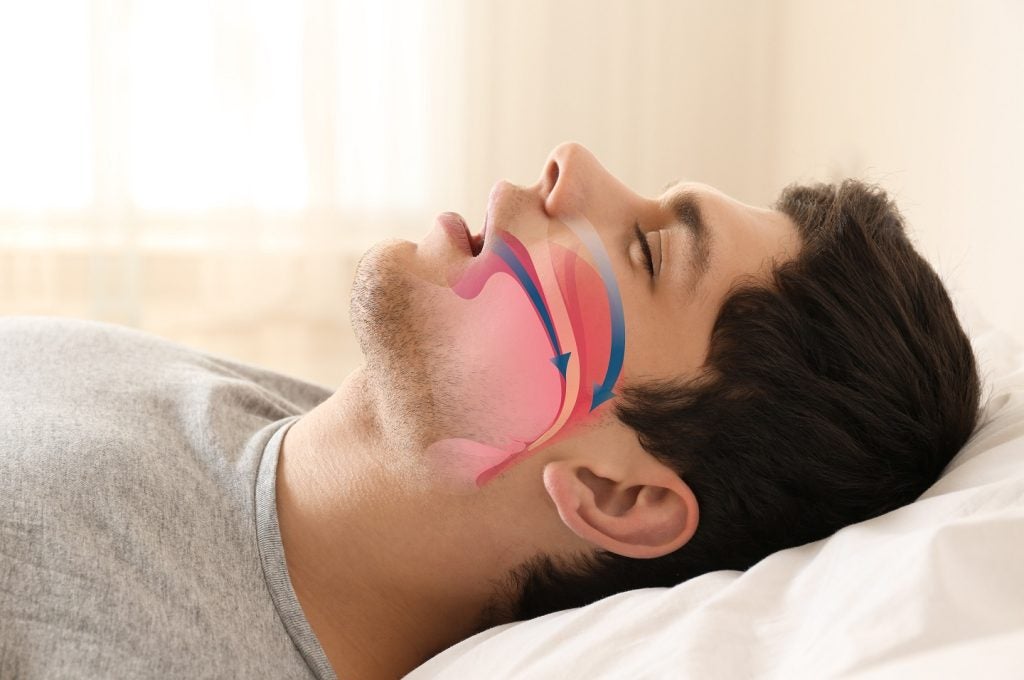Shanghai Kehua Bio-engineering (KHB) has obtained an EU class D in vitro diagnostic regulation certification for rapid tests covering the company’s diagnostic kit for HIV (1/2) antibody (Colloidal Gold) V2.
KHB’s HIV diagnostic kit tests for human immunodeficiency virus (HIV)-1 and -2 antibodies in human serum, plasma, venous and capillary whole blood.
There has been a rise in the number of diagnostics available for HIV testing. As per a GlobalData market model, the global HIV testing market in 2022 was worth $1.8bn and that is predicted to rise to $2.4bn in 2033, growing at a CAGR of 1.5%. The self-testing sub-market is expected to be worth around $500m by 2027.
The Chinese company stated: “KHB's achievement in obtaining EU Class D IVDR Certification is a testament to the company's dedication to delivering advanced and reliable IVD solutions in compliance with the latest safety and regulatory standards.”
“With this milestone, KHB is poised to further enhance its products and services to meet the needs of patients and healthcare providers alike, and to maintain its position as a leading IVD company in China,” it added.
KHB’s HIV diagnostic kit is currently marketed in multiple countries including the US, Switzerland, South Africa, Morocco and Thailand.
The KHB anti-HIV colloid gold product has been included in the World Health Organisation’s (WHO) procurement list, and the recommended list of USAID and the Clinton Foundation, widely accepted by users at home and abroad.
Other products in KHB’s portfolio include the diagnostic kit for Covid-19 antigen test (colloidal gold). It was added to the WHO’s emergency use list in 2022.
















